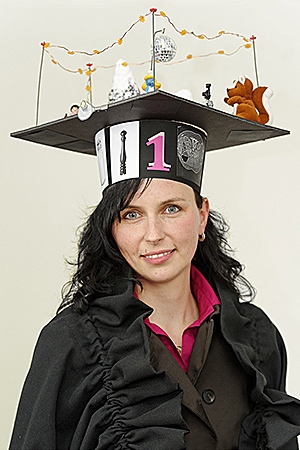Anja Borsdorf
Adaptive Filtering for Noise Reduction in X-Ray Computed Tomography
Abstract
The projection data measured in computed tomography (CT) and, consequently, the slices reconstructed from these data are noisy. This thesis investigates methods for structure preserving noise reduction in reconstructed CT datasets. The goal is to improve the signal-to-noise ratio without increasing the radiation dose or loss of spatial resolution. Due to the close relation between noise and radiation dose, this improvement at the same time opens up a possibility for dose reduction. Two different original approaches, which automatically adapt themselves to the non-stationary and non-isotropic noise in CT, were developed, implemented and evaluated. The first part of the thesis concentrates on wavelet based noise reduction methods. They are based on the idea of using reconstructions from two disjoint subsets of projections as input to the noise reduction algorithm. Correlation analysis between the wavelet coefficients of the input images and noise estimation in the wavelet domain is used for differentiating between structures and noise. In the second part, an original approach based on noise propagation through the reconstruction algorithm is presented. A new method for estimating the local noise variance and correlation in the image from the noise estimates of the measured data is proposed. Based on the additional information about the image noise, an adaptive bilateral filter is introduced. The proposed methods are all evaluated with respect to the obtained noise reduction rate, but also in terms of their ability to preserve structures. A contrast dependent resolution analysis is performed to estimate the dose reduction potential of the different methods. The achieved noise reduction of about 60% can lead to dose reduction rates between 40% to 80%, depending on the clinical task.
